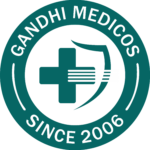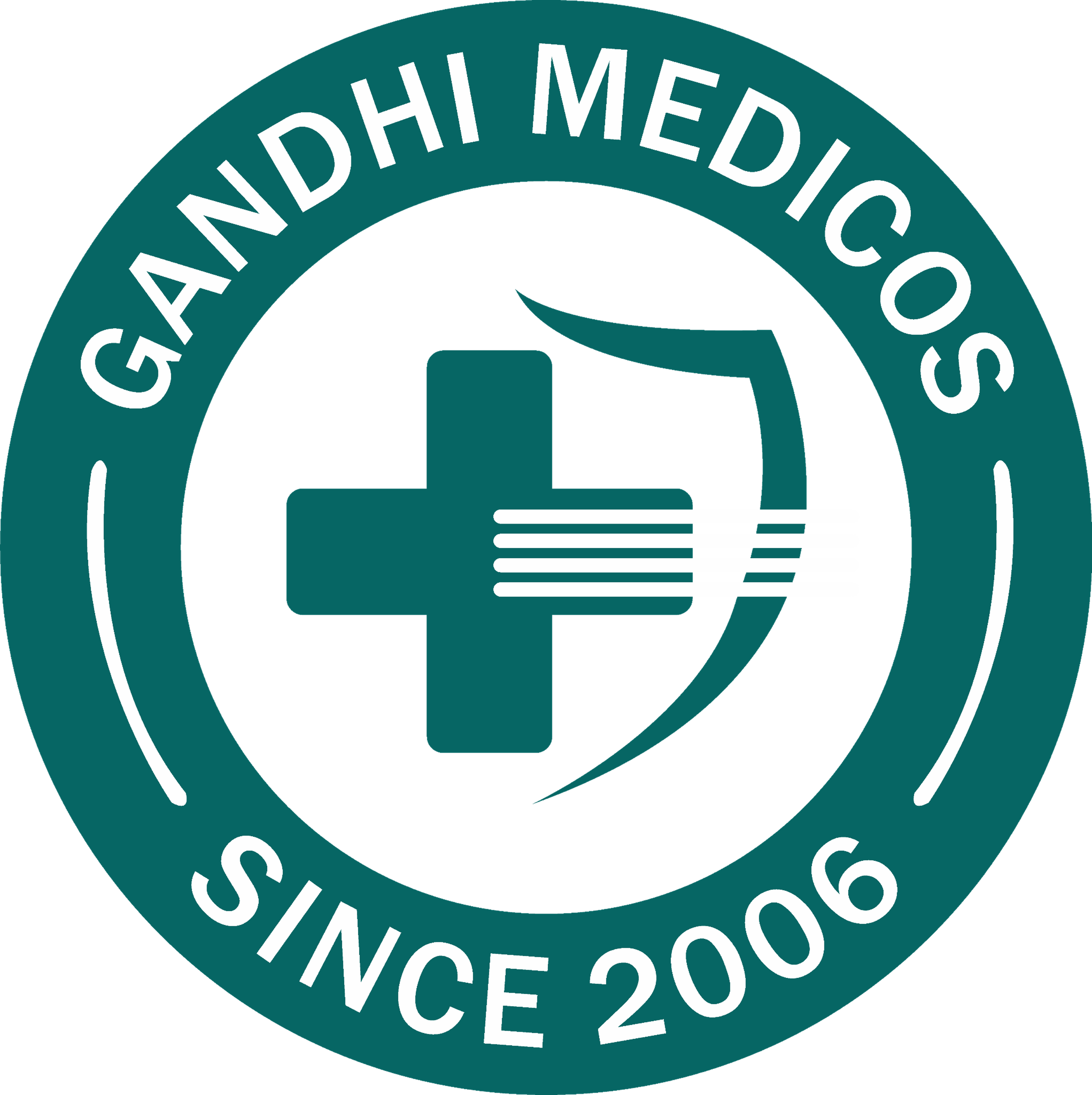Capegard 500 Tablet: Navigating Comprehensive Cancer Treatment
[vc_row][vc_column][vc_column_text text_larger=”no”]
Capegard 500: Understand Benefits in Breast, Colon, and Rectal Cancer
[/vc_column_text][/vc_column][/vc_row][vc_row][vc_column width=”1/2″][vc_column_text text_larger=”no”]Capegard 500 Tablet, prescription medication marketed by Cipla Ltd, contains 500mg of Capecitabine, serving as an indispensable ally in cancer treatment. Specifically designed for breast, colon, and rectal cancers, this medication can be used alone or in combination with other therapies, including chemotherapy.
Administered with food, Capegard Tablet inhibits cancer cell growth by converting into 5-fluorouracil, disrupting the synthesis of genetic materials. While common side effects such as vomiting and weakness may occur, patients are urged to consult their doctors for persistent concerns.
Safety precautions include caution regarding alcohol consumption, avoiding use during pregnancy and breastfeeding, and exercising help for individuals with kidney or liver conditions. Capegard 500 Tablet represents a crucial advancement in cancer, demanding adherence to prescribed regimens and ongoing medical supervision for optimal effectiveness.[/vc_column_text][/vc_column][vc_column width=”1/2″][vc_single_image image=”11872″ img_size=”400*400″ parallax_scroll=”no”][vc_raw_html]JTVCaHRtbF9ibG9jayUyMGlkJTNEJTIyNjM0MiUyMiU1RCUwQSUwQSUzQ3NjcmlwdCUzRSUwQWRvY3VtZW50LmdldEVsZW1lbnRCeUlkJTI4JTIycHJvZHVjdCUyMiUyOS52YWx1ZSUyMCUzRCUyMCUyMkNhcGVnYXJkJTIwNTAwJTIwVGFibGV0JTIyJTNCJTBBJTNDJTJGc2NyaXB0JTNF[/vc_raw_html][/vc_column][/vc_row][vc_row][vc_column][vc_column_text text_larger=”no”]
Uses of Capegard 500 Tablet
[/vc_column_text][/vc_column][/vc_row][vc_row][vc_column width=”1/2″][vc_column_text text_larger=”no”]
Breast Cancer Treatment:
- Effective in treating breast cancer, either as a standalone therapy or in combination with other treatment modalities like chemotherapy.
- Relieves symptoms such as breast lumps, changes in breast texture, and bloody discharge from nipples.
Colon and Rectal Cancer Treatment:
- Addresses colorectal cancer, including cancer of the colon and rectum.
- Reduces the risk of further cancerous growths (polyps) in the large intestine.
- Alleviates symptoms like blood in the stool, changes in bowel movements, weight loss, and fatigue associated with colorectal cancer.
[/vc_column_text][/vc_column][vc_column width=”1/2″][vc_single_image image=”11873″ img_size=”400*400″ parallax_scroll=”no”][/vc_column][/vc_row][vc_row][vc_column][vc_column_text text_larger=”no”]
Side Effects of Capegard 500 Tablet:
[/vc_column_text][/vc_column][/vc_row][vc_row][vc_column][vc_column_text text_larger=”no”]Capegard Tablet, prescribed for the treatment of breast, colon, and rectal cancers, may be accompanied by various side effects. It is essential for patients to be aware of these possible reactions and consult with their healthcare providers if any concerns arise. Here are the notable side effects, which can vary in intensity and occurrence
Side Effects of Capegard 500 Tablet:
-
Common Reactions:
- Vomiting
- Weakness
- Nausea
- Abdominal pain
- Diarrhea
-
Skin-related Side Effects:
- Development of blisters on fingers or feet.
-
Hematological Effects:
- possible reduction in the number of blood cells, particularly white blood cells.
- Increased susceptibility to infections.
- Gastrointestinal Distress:
- Abdominal pain and discomfort.
- Diarrhea as a common gastrointestinal side effect.
-
Temporary Symptoms:
- Most side effects are transient and may resolve as the body adjusts to the medication.
It’s crucial for patients to be aware of possible side effects, undergo necessary monitoring, and communicate with their healthcare providers to ensure a well-managed and safe treatment course.[/vc_column_text][/vc_column][/vc_row][vc_row][vc_column][vc_column_text text_larger=”no”]
Safety Precautions for Capegard 500 Tablet:
-
Alcohol Consumption:
Caution is advised regarding alcohol consumption during the course of Capegard Tablet treatment. Patients are recommended to consult their doctor regarding the safety of consuming alcohol.
-
Pregnancy:
- Capegard 500 Tablet is deemed unsafe for use during pregnancy, as there is definite evidence of risk to the developing baby
-
Breastfeeding:
- Capegard Tablet is considered unsafe during breastfeeding, as the drug may cause toxicity to the baby. Breastfeeding mothers are advised to explore alternative feeding options during the course of treatment.
-
Driving and Alertness:
- Capegard Tablet may decrease alertness, affect vision, and induce drowsiness and dizziness. Patients experiencing these symptoms should refrain from driving or operating heavy machinery.
-
Kidney Conditions:
- Caution is required in patients with kidney disease. Dose adjustment may be necessary, and individuals with severe kidney disease should avoid using Capegard 500 Tablet.
-
Liver Conditions:
- Use Capegard 500 Tablet with caution in patients with liver disease. Dose adjustment may be needed, and it is not recommended in cases of severe liver disease.
-
Medication Interactions:
Inform your doctor about all medications, including over-the-counter drugs and supplements, to ensure there are no possible interactions with Capegard Tablet.
-
Effective Contraception:
Both males and females undergoing treatment with Capegard 500 Tablet should use effective contraception to avoid pregnancy during the course of treatment.
Patients are strongly advised to follow their healthcare provider’s guidance, communicate any concerns promptly, and undergo regular check-ups to ensure a safe and effective treatment experience with Capegard 500 Tablet.[/vc_column_text][/vc_column][/vc_row][vc_row][vc_column][vc_column_text text_larger=”no”]
Final Words:
In conclusion, Capegard Tablet stands as a vital ally in the fight against breast, colon, and rectal cancers. Its proven efficacy, coupled with flexible treatment approaches, offers hope to patients seeking symptom relief and cancer management. However, adherence to safety precautions, close monitoring of side effects, and regular consultations with healthcare providers are imperative for a well-balanced and effective treatment journey. Through these measures, patients can navigate their course with confidence, working towards a better quality of life and improved health outcomes.[/vc_column_text][/vc_column][/vc_row]




 :
:  +91 – 9999064250 | 9811604444 | 9811604424
+91 – 9999064250 | 9811604444 | 9811604424

